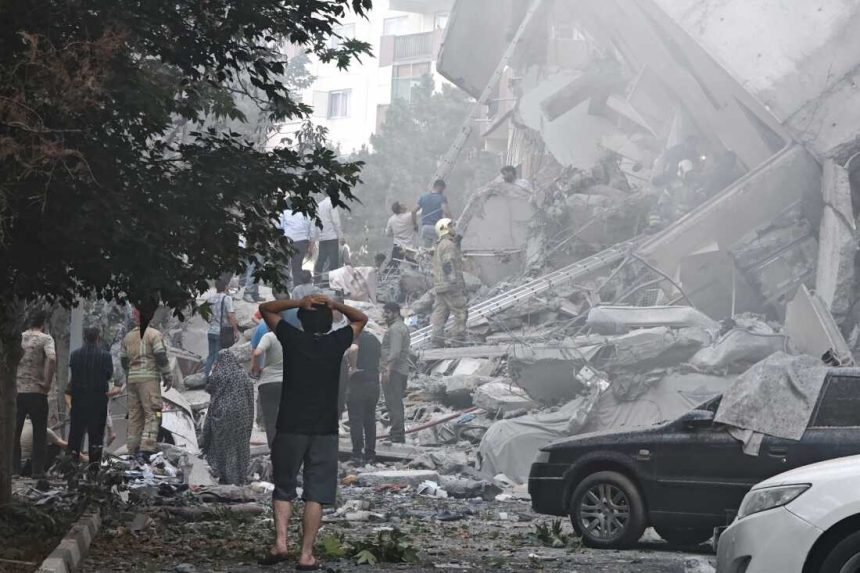Israel says it has gained full aerial superiority over Tehran, escalating its direct strikes on Iran’s capital even as Iranian missile and drone counterattacks continue, plunging the Middle East into deeper conflict.
Israel Declares Air Dominance Over Tehran
Israeli defence officials confirmed that the air force has achieved “full operational control” of Tehran’s skies, claiming the Iranian capital is no longer immune to Israeli airstrikes. This allows Israeli jets to operate freely across western Iran, according to Brigadier General Effie Defrin.
Intensified Strikes and Strategic Targets
Since launching Operation Rising Lion on June 13, Israel has conducted more than 200 airstrikes on over 100 Iranian sites, including military command centres, Iranian Revolutionary Guard structures, missile launchers, and nuclear facilities in Tehran, Natanz, Tabriz, and other cities.
Tehran Under Fire, Civilians Affected
Oakcity-wide airstrikes have caused extensive damage to residences and infrastructure within Tehran, triggering widespread panic and a civilian exodus . Iran’s health ministry reports over 400 total casualties, including more than 224 confirmed deaths.
Iranian Retaliation Hits Back
In response, Iran launched hundreds of missiles and drones in Operation True Promise III, targeting Israeli population centres including Tel Aviv and Haifa. Israeli authorities report 24 civilians killed and hundreds injured, though the Iron Dome intercept success rate was above 80%.
Wider Regional and Global Repercussions
The intensifying exchange has disrupted global oil markets, shut down airspace, and prompted multinational alerts. The UN Security Council convened emergency talks, while international leaders condemned the violence, urging both sides to step back from further escalation.
Statements from Leadership
Prime Minister Netanyahu warned that Iranian leadership “could be toppled” and vowed to continue targeting Tehran if missile launches persist. Iran responded with vows of “more painful” retaliation if the bombings continue.
What’s Next: A Conflict at a Crossroads
- Potential escalation: Observers warn the sustained air dominance and surprise strikes may provoke broader regional conflict or asymmetric retaliation.
- Diplomatic pressure: With the UN, G7, and other international bodies calling for restraint, pressure is mounting to contain a wider war.
- Military posture: Israel states this operation will continue “as many days as necessary,” while Iran threatens to target allied bases in the region.
With airspace control shifting and cities under bombardment, the Israel–Iran conflict has entered an overt phase marked by direct military confrontation. As both sides brace for further strikes, the risk of a wider regional conflagration grows—with global stakes higher than ever.











